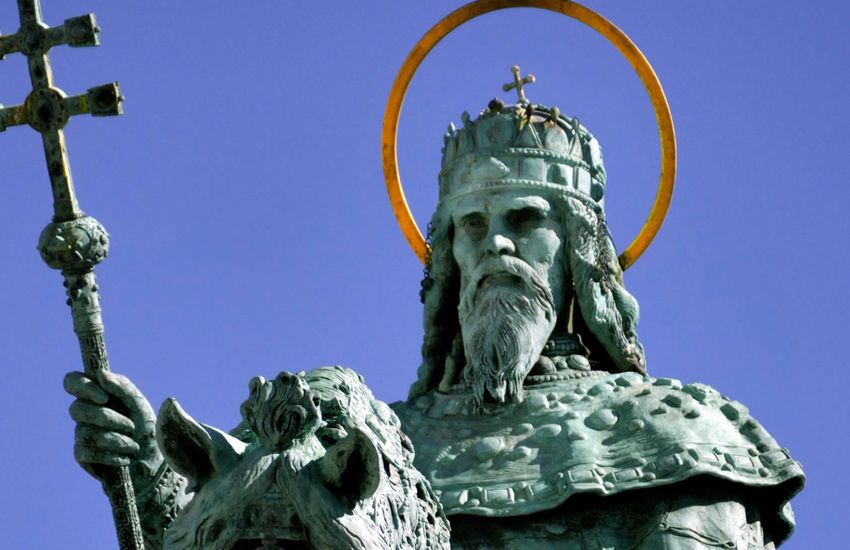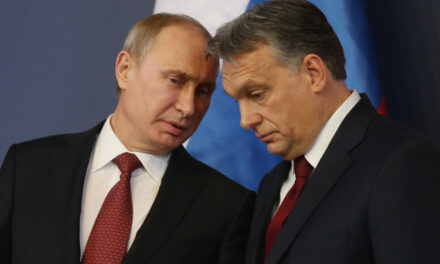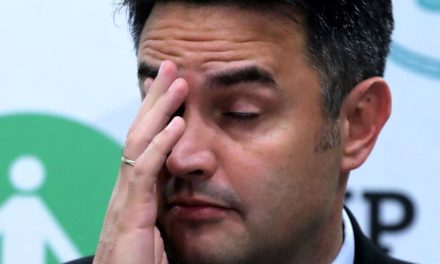King István, the founder of the state, was canonized on August 20, 1083, thanks to the intercession of our King László I, who was also later canonized, and since then this day has been decisive for Hungarians. Perhaps there is no other holiday that includes the values that define our past and future, rooted so deeply in the soul of the nation and with a wide-ranging meaning.
Since the time of the Roman Empire, but really since the Middle Ages, Christianity has been the universal link, the common cultural denominator of different peoples in Europe. The political insight of our first king is indicated by the fact that he joined Latin Christianity, thereby making it clear that we belong to the West, and by accepting the papal crown, he declared our independent statehood. The crown also symbolized that its wearer is the chosen one of God, whose power comes from God, therefore he is a sovereign ruler, so his country is also independent. Szent István's activities as a state organizer simultaneously meant laying the foundations of public administration, consolidating public order and spreading the Christian faith and customs through the construction of the church structure.
Already at this age, our state-founding monarch was commemorated every year, whose respect grew more and more in the following centuries, and the importance of which is still proclaimed in the Basic Law of Hungary today: "We are proud that our King St. István put the Hungarian state on a solid foundation a thousand years ago and made our country a part of Christian Europe .”
The past and history of our continent was built on two main pillars: Greco-Roman humanism and Christianity. According to the Dutch theologian Arend Theodoor van Leeuwen (1913–1993), "Christianity is still the axis around which Europe moves"! By this we must understand not only religious community, but ancient wisdom, culture, state and legal order, humanities, science and art.
We are witnessing huge spiritual struggles, the events of today will be decisive for the course of history. Europe is in danger today. Our basic values are called into question, the evidence of normality has been overturned. The huge culture that brought development and prosperity to humanity, which ensures the fulfillment of both the individual and society, is beginning to falter. The idea of equality between people stems from Christianity, which provides the seed of solidarity, without which there is no health care, no social care. The developed world takes human freedom as a matter of course, even though this, too, is a human recognition that has crystallized over many centuries and is based on the Christian image of God and man. Progress and the family model that ensures the most successful upbringing of the rising generations are also rooted in this. It is no coincidence that the biggest attack hits this common European denominator. The disintegration of families through personal failures and painful wounds ultimately leads to the disintegration of society. The ties of belonging are weakened, the supporting threads that can be held on to are torn. In people living without ties, individualism is strengthened, individual interests are placed before the interests of the community, cohesion is lost, and the nation becomes vulnerable to the manipulation of external forces.
Robert Schuman, Alcide de Gasperi, Konrad Adenauer and their fellow politicians created the European Union in the II. They wanted to remedy the economic difficulties caused by World War II and to create unity in the Christian sense, which, according to their intention, was the continuation of European Christian values and traditions. They did not envision self-surrender, a United States of Europe, but a community of strong, self-aware nations that can help each other precisely because they are built individually by strong, cohesive communities. Protecting values from external and internal enemies is the task of all of us. For centuries, the Kingdom of Hungary held the title of the bulwark of Christianity. Achieving this meant many sacrifices, but our forefathers took on this burden in keeping with the Szent István tradition.
What can we do in order to faithfully preserve this heritage entrusted to us within the requirements of today? Knowing history can help us to learn from mistakes and to stand up for our principles by keeping good examples. We were always strong, we achieved success when we united and stuck together. We looked for allies within the nation and outside the country's borders and fought for the set goals. Every age has its challenges, but the words of Szent István in his Intelms to Prince Imre are still valid today: "[…] if you hold the shield of faith, you also have the helmet of salvation on you. Because in these spiritual weapons you can regularly fight against your invisible and visible enemies."
The fight against visible dangers and challenges also divides our European community, this was clearly noticeable during the migration crisis, but it is not easier to fight against invisible, ideological dangers either, even though it can inflict even greater wounds on us and destroy our entire culture. The current holiday is given special weight by the year and a half left behind us, the battle with an unknown disease with all its consequences. Here, too, it is clearly visible that only a common will can lead to results.
We have something to celebrate, we have overcome the first three waves of the epidemic, we have a future, we have goals. We envision Hungary as a strong state that cooperates with actors around the world and continues to politicize based on the representation of traditional values. The holy king, the founder of the state, marked out a definite, sure path for us, and time has vindicated him. Remembering him and getting to know his life's work can help us, Hungarians, to clearly see our place and role in today's changing world.
István Simicskó Member of Parliament, KDNP faction leader
(Cover image source: MTVA/Commissioner: Csaba Jászai)












